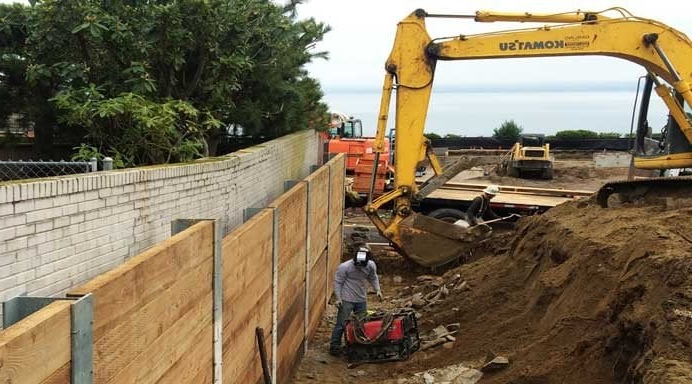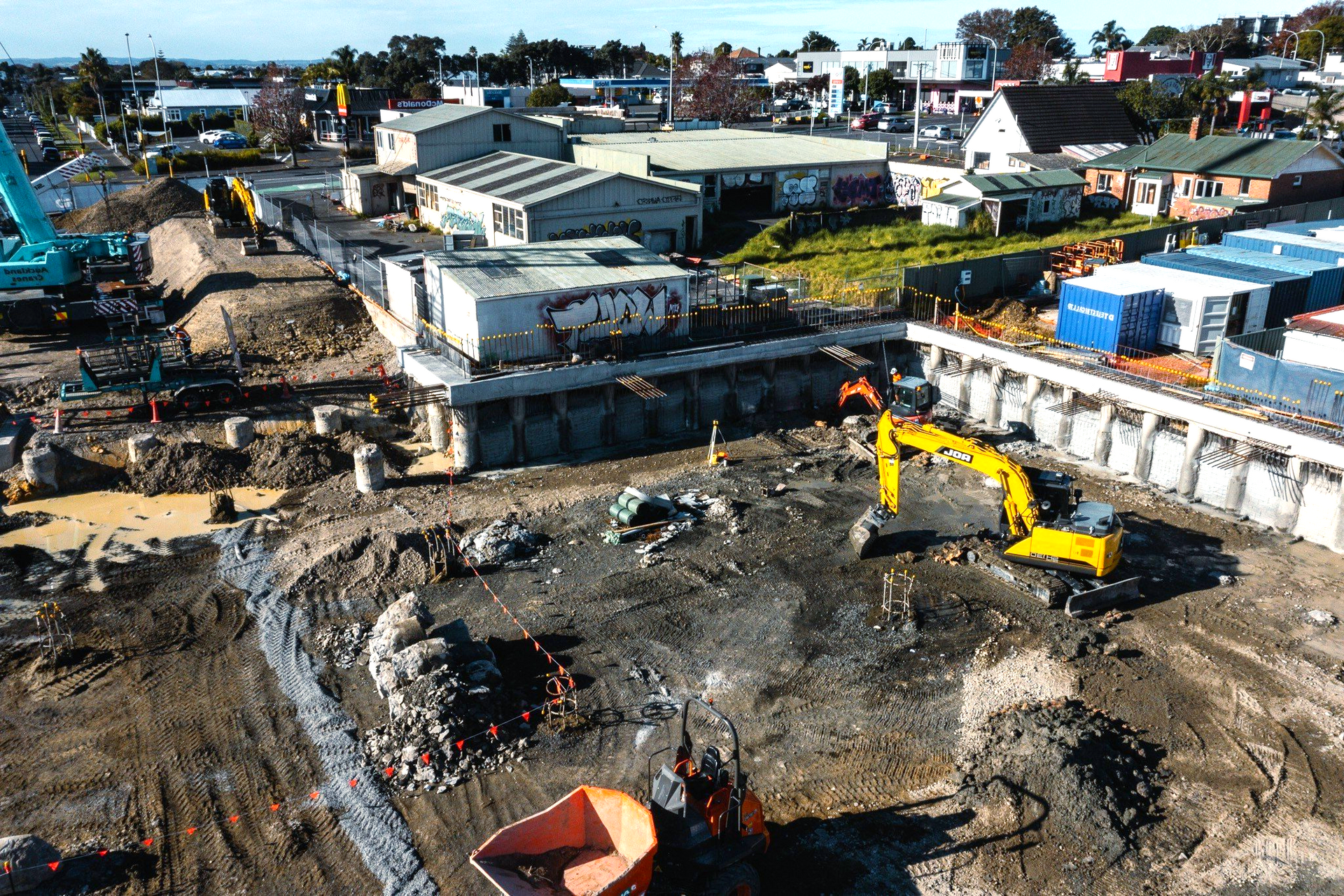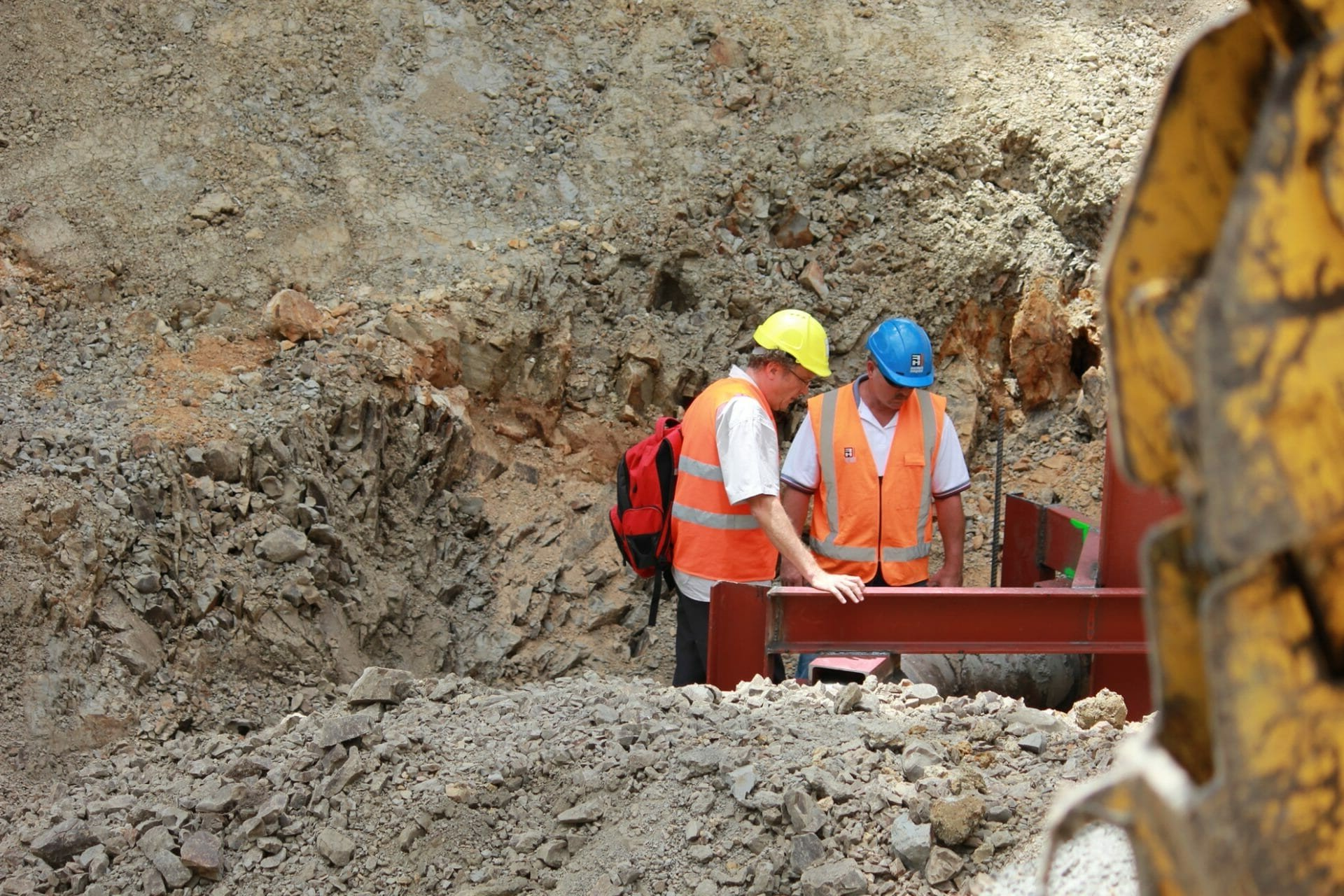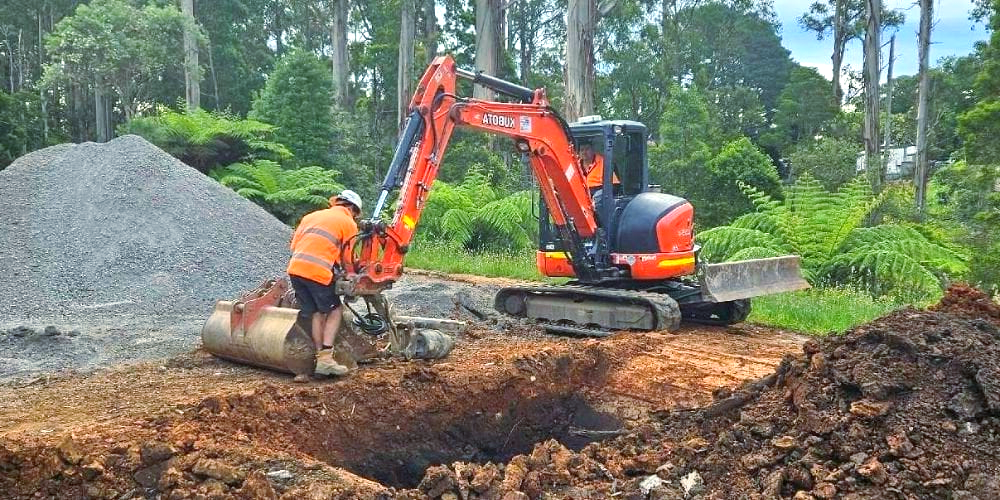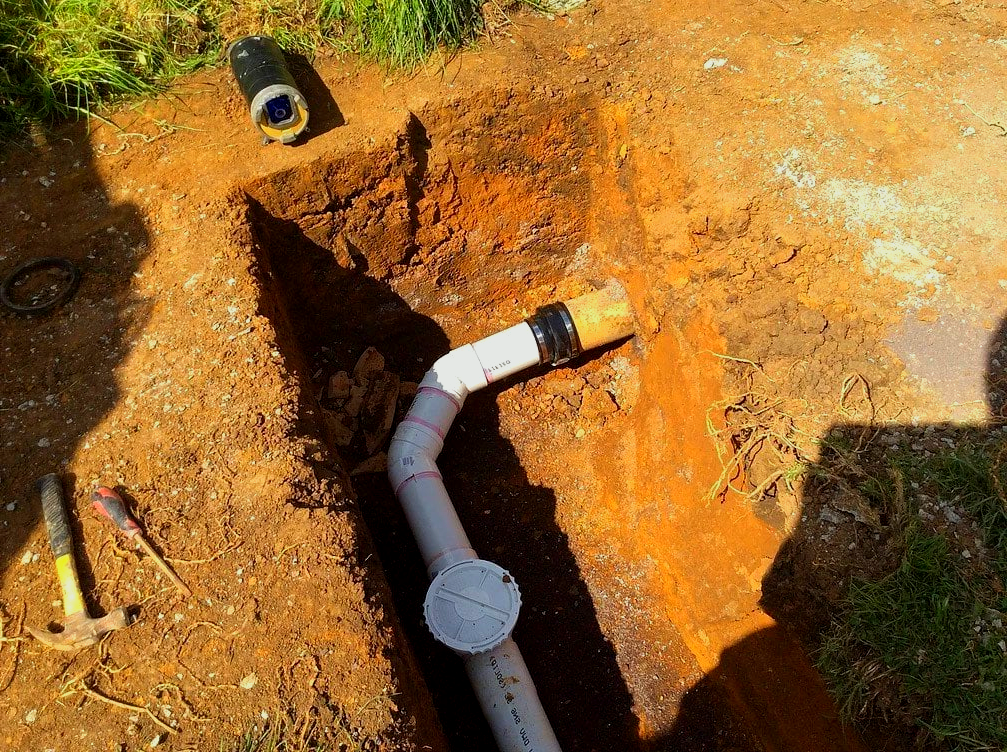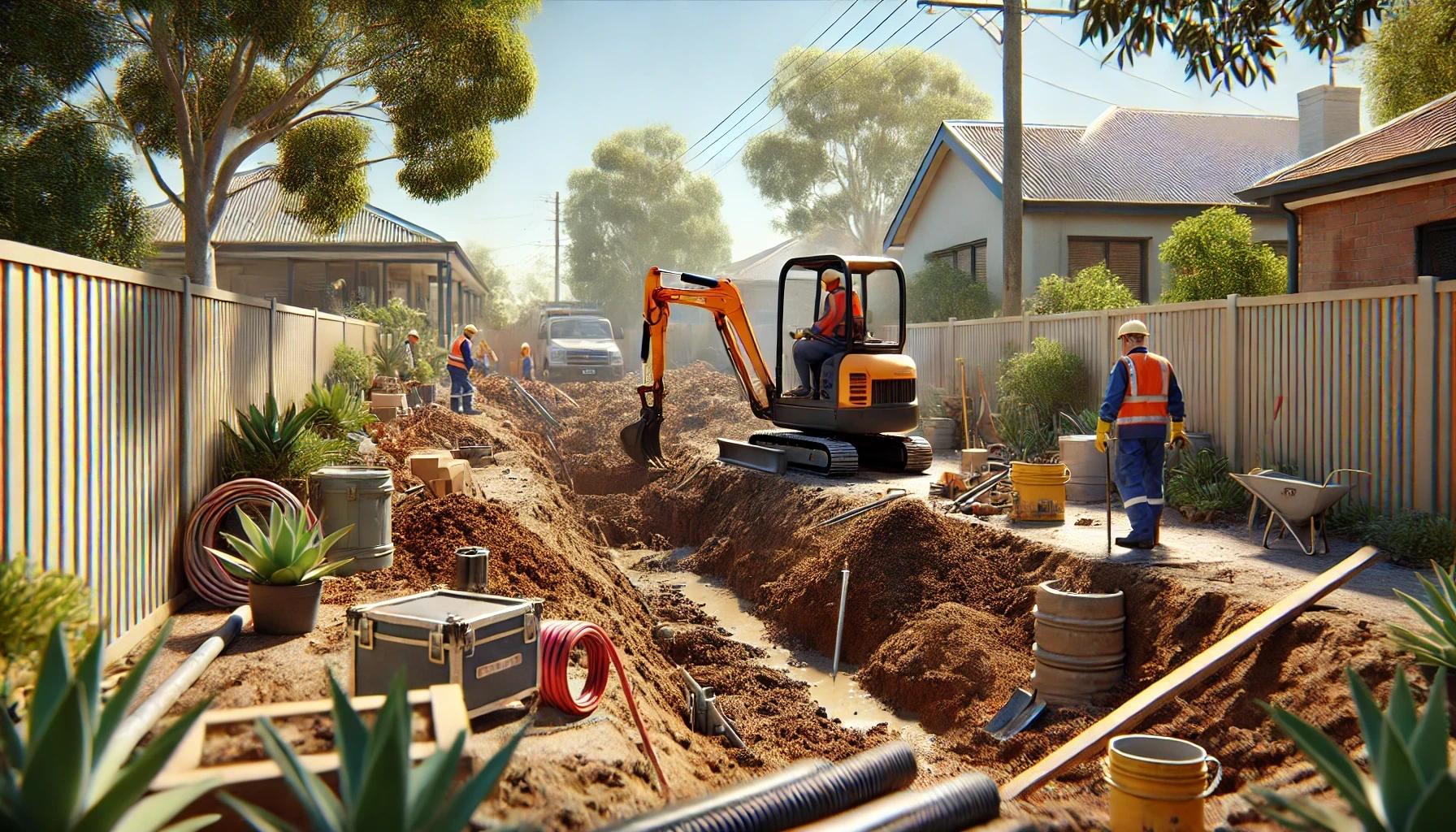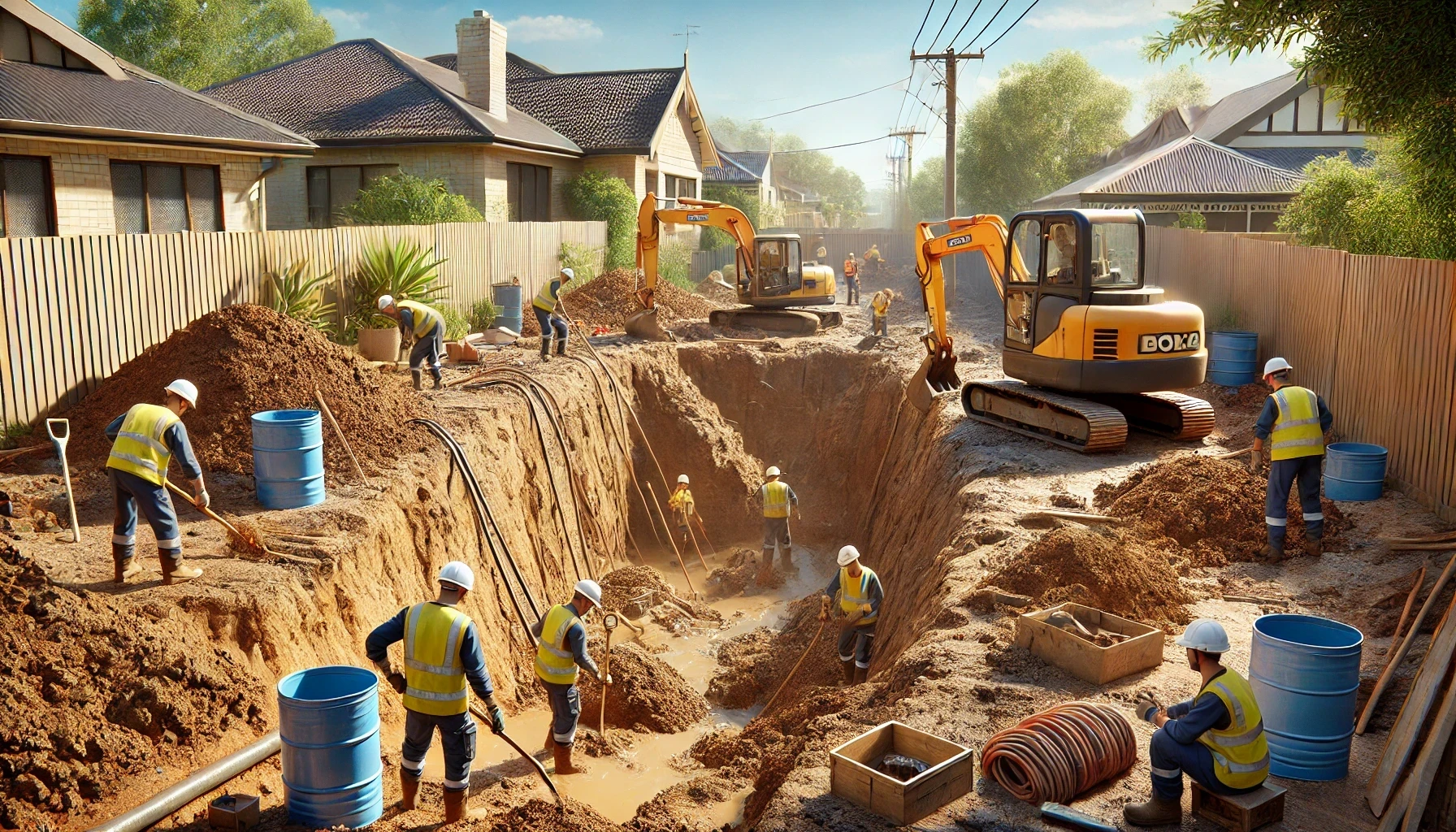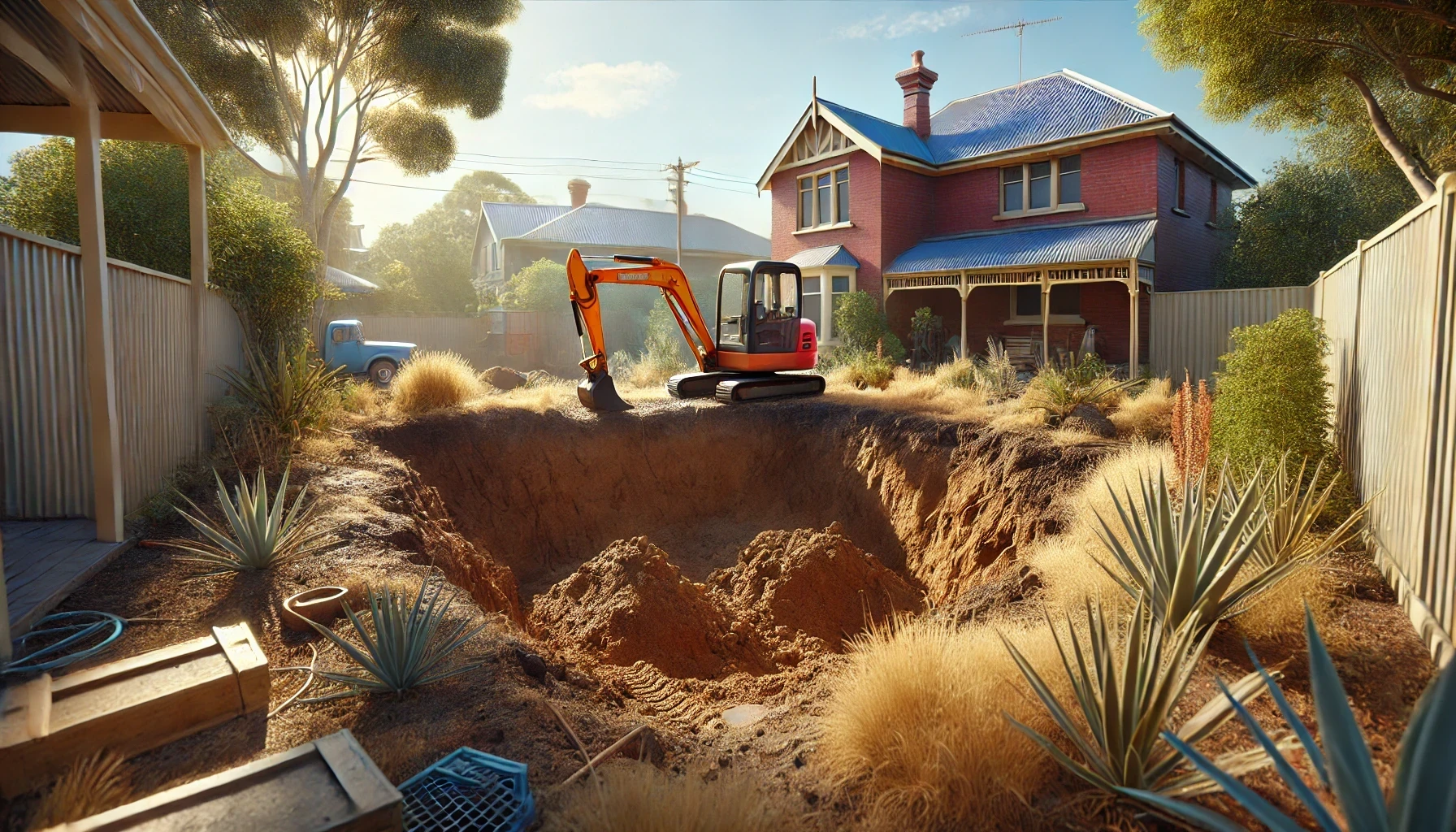Step-by-Step Guide to Obtaining Excavation Permits in Newcastle, NSW
Obtaining permits is a crucial step for any excavation project. We at Excavations Newcastle understand the importance of navigating this process efficiently. Our step-by-step guide will walk you through the permit application process, ensuring you have all the necessary information to proceed with confidence.
Excavation permits are essential for maintaining safety standards and complying with local regulations. We've compiled our years of experience to create a comprehensive resource that covers everything from initial paperwork to final approval. This guide aims to simplify the often complex world of permits and regulations.
By following our expert advice, you'll be well-equipped to handle the permit application process with ease. We'll cover the required documents, timelines, and potential challenges you might face along the way. Let's dive into the specifics of obtaining excavation permits in Newcastle, NSW.
Key Takeaways
- Proper permit acquisition is essential for legal and safe excavation projects
- The application process involves specific documentation and compliance with local regulations
- Timely submission and adherence to guidelines can streamline permit approval
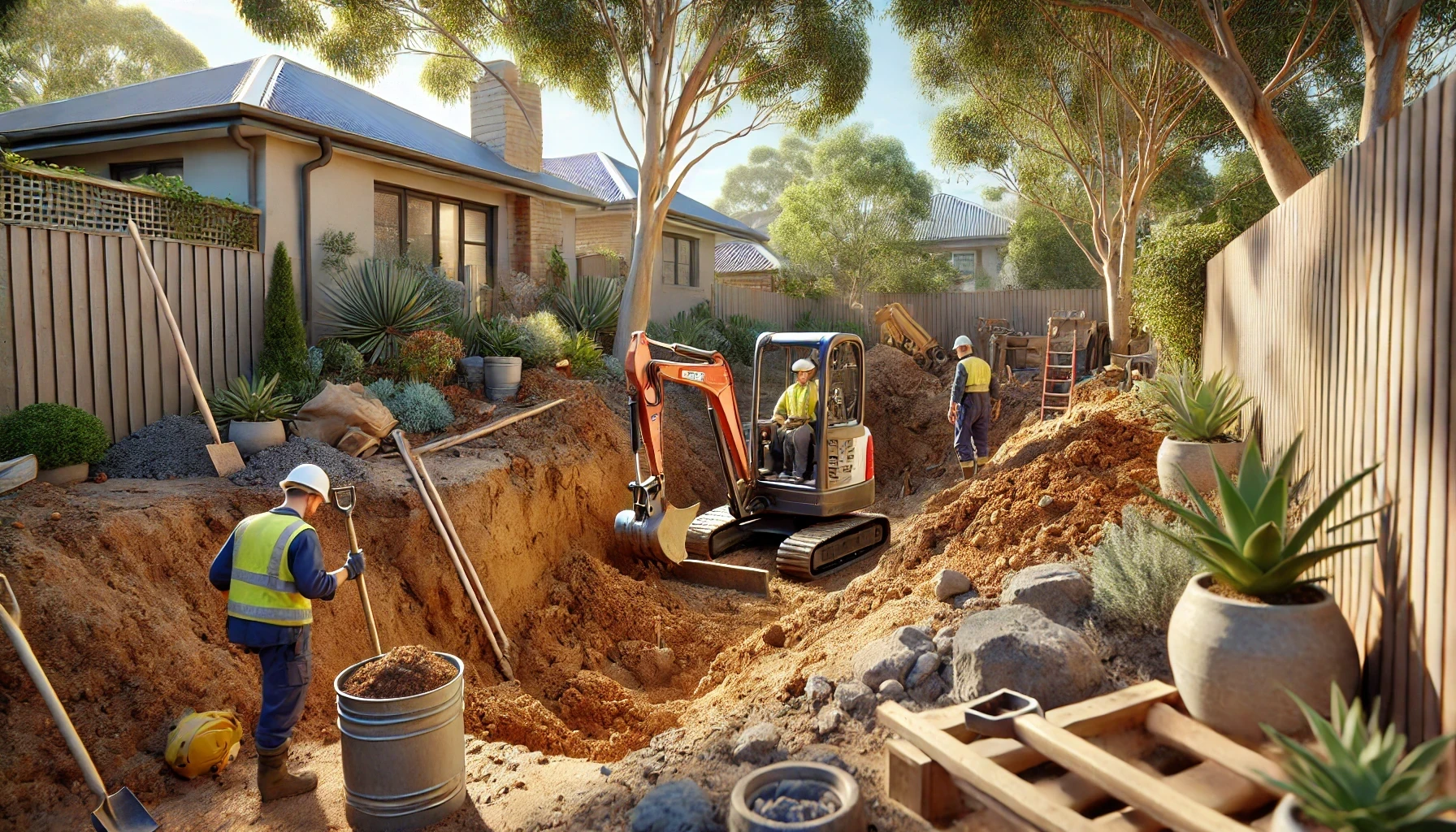
Understanding Excavation Permits in Newcastle
Excavation permits are essential for any digging or excavation project in Newcastle and surrounding areas. These permits ensure safety, compliance, and proper planning for construction activities.
The Importance of Excavation Permits
Excavation permits protect underground utilities and infrastructure. They help prevent accidental damage to water mains, gas lines, and electrical cables. Without proper permits, we risk costly repairs and potential legal consequences.
Permits also ensure compliance with local regulations. They verify that our excavation plans meet Newcastle's safety standards and environmental requirements. This protects workers, the public, and the surrounding environment.
By obtaining permits, we demonstrate our commitment to responsible construction practices. It builds trust with clients and the community, showcasing our professionalism and attention to detail.
Types of Excavation Permits
In the Hunter Region, there are several types of excavation permits that may be required. Here's an overview of the main types:
- Development Application (DA) permits - Required for most significant excavation work as part of construction or development projects through local councils in the Hunter Region
- Section 138 permits - Required for excavation work on or adjacent to public roads (issued under the Roads Act by local councils or Transport for NSW)
- Heritage excavation permits - Required for excavation in areas with heritage significance (issued under the Heritage Act by Heritage NSW)
- Aboriginal Heritage Impact Permits (AHIPs) - Required for excavation that might impact Aboriginal cultural heritage sites
- Mining exploration permits - Required for excavation related to mineral exploration in the Hunter Region's mining areas
- Water management permits - Required for excavation that may impact water bodies or groundwater
- Utility service provider permits - Required for excavation near underground utilities such as gas, water, and electricity infrastructure
The permit type depends on the project location and scope. Some projects may require multiple permits. The specific requirements vary by local government area within the Hunter Region (including Newcastle, Lake Macquarie, Maitland, Cessnock, Port Stephens, and others), therefore it's crucial to assess the site and consult with the relevant local authority to determine the appropriate permits for each job.
Permit duration varies based on project complexity. We must apply for extensions if work exceeds the initial timeframe.
The Application Process for Excavation Permits
Obtaining excavation permits in the Newcastle Region involves several key steps. We'll guide you through the pre-application requirements, submission process, and necessary supporting documentation.
Pre-application Requirements
Before submitting an application, we recommend conducting a thorough site assessment. This involves identifying underground utilities, evaluating soil conditions, and determining the excavation's scope.
Contact Dial Before You Dig (DBYD) to locate underground services. Their information is crucial for your application and project planning.
Review local zoning regulations and heritage overlays. These may affect your excavation plans and permit requirements.
Consider engaging a licensed surveyor to prepare a detailed site plan. This document is often required for permit applications.
Submitting Your Application
Visit the local government council's website to access the excavation permit application form. Complete all sections accurately, providing detailed project information.
Usually you can submit the application online through the council's planning portal. Alternatively, in person submissions at the council offices are accepted.
Pay the required application fee. Fees vary based on the excavation's size and complexity. Check the relevant council's fee schedule for current rates.
Expect to receive an acknowledgement of your application within 5-10 business days. The council may request additional information if needed.
Supporting Documentation
Prepare a comprehensive site plan showing the proposed excavation area, property boundaries, and nearby structures. Include dimensions and setbacks.
Provide a detailed work plan outlining excavation methods, equipment to be used, and estimated project duration. Include geotechnical reports if required, especially for large-scale excavations or sites with challenging soil conditions.
Submit evidence of public liability insurance. This is typically required to cover potential damages during the excavation process.
If working near protected trees or in environmentally sensitive areas, include an arborist report or environmental impact assessment.
After Submission: What to Expect
Once you've submitted your excavation permit application to the local council, the process enters a new phase. We'll guide you through the key steps that follow and what you can anticipate during this period.
Assessment and Concerns
The council's planning department will thoroughly review your application. This typically takes 2-4 weeks, depending on the complexity of your project. They'll examine the site plans, proposed excavation depths, and potential impacts on surrounding areas.
If concerns arise, the council may contact us for clarification. We're prepared to provide additional information or make adjustments to the plans if needed. It's crucial to respond promptly to any queries to avoid delays in the approval process.
The council might also conduct a site visit to assess the area firsthand. We recommend keeping the proposed excavation site accessible during this time.
Receiving the Permit
Upon approval, we'll receive the excavation permit via post or email. This document outlines specific conditions and requirements for the project. We'll carefully review these terms to ensure compliance throughout the excavation process.
The permit will include:
- Approved excavation depths and boundaries
- Required safety measures
- Noise and dust control regulations
- Working hours restrictions
We'll display the permit on-site as required by local regulations. It's important to note that work cannot commence until we have this permit in hand.
Compliance and Regulations
Obtaining excavation permits in Newcastle involves strict adherence to local laws and implementing proper site management practices. We'll explore the key regulations and safety measures essential for compliant excavation projects.
Adhering to Local Laws
In Newcastle, excavation work must comply with the relevant local council's planning regulations. We need to submit detailed plans and obtain approval before starting any project. The permit application requires information on the excavation's purpose, depth, and duration.
Noise restrictions apply during certain hours, typically between 7 pm and 7 am on weekdays and Saturdays, and all day on Sundays. We must also consider heritage overlays, as Newcastle has several historically significant areas.
Environmental protection is crucial. We're required to implement erosion control measures and manage stormwater runoff effectively. Failure to comply can result in fines or project delays.
Site Management and Safety
Safety is paramount in excavation work. We follow SafeWork NSW guidelines to ensure a secure work environment. This includes conducting thorough site assessments before commencing excavation.
Proper fencing and signage are essential to prevent unauthorised access. We use appropriate Personal Protective Equipment (PPE) for all on-site personnel.
Underground utility checks are mandatory. We contact Dial Before You Dig to locate any buried services. This step prevents accidental damage to gas, water, or electrical lines.
Dust control measures are implemented to minimise impact on neighbouring properties. We use water sprays or covers as needed. Regular site inspections help maintain compliance throughout the project.



